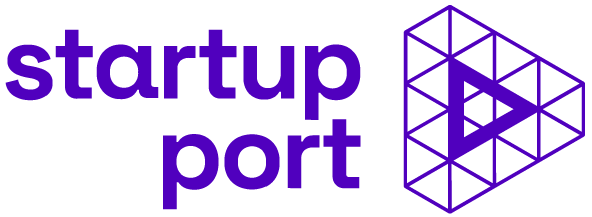The industry association Bitkom has presented the Startup Report 2022. As part of the study, 148 tech start-ups from Germany were surveyed on various topics such as personnel, technologies used or capital employed. There were hardly any regrets about founding the start-up: 9 out of 10 would do it again.
Data analysis and artificial intelligence are widespread among start-ups in Germany. Around one in two (48 percent) use big data and data analysis, another 33 percent are planning to use it or are discussing it. 43 percent already use AI, another 40 percent are in the planning or discussion phase. These are the results of a survey of around 150 tech start-ups commissioned by the digital association Bitkom and published in the “Startup Report 2022”. By comparison: in the economy as a whole, only 37 percent of companies use data analytics, 11 percent artificial intelligence.
Tech start-ups in the pioneering role
“Startups are pioneers in the use of technology. As such, they also play an important role for Germany as a tech location,” said Bitkom President Achim Berg when the study was published. “Much more use should be made of the innovative strength in all areas of business and government. Public administration should make extensive use of solutions from startups and ensure that startups get a chance in tenders. And small businesses and SMEs, but also corporations, should definitely draw on the know-how of start-ups and cooperate with them.”
The German government’s planned AI vouchers for small and medium-sized enterprises could help to promote cooperation between established companies and start-ups. They will cover part of the project costs for AI cooperations with start-ups.
Which technologies are used
Startups also use a variety of other top technologies. 30 percent use Internet of Things. 18 percent are planning or discussing it. 12 percent are using 5G, 18 percent are thinking about it and blockchain technology is in use in 9 percent, while 35 percent of startups are planning or discussing its use. The picture is similar for virtual and augmented reality: 5 percent users are joined by 30 percent of startups planning or discussing VR or AR use. The gap between use and planning is less pronounced for 3D printing (8 to 3 percent), robotics (5 to 12 percent), autonomous driving vehicles (5 to 7 percent) and drones (3 to 8 percent). 1 percent of the start-ups are already working on the future topic of quantum computers, 6 percent have it on their agenda.
Further results
On average, startups have 20 employees and five vacancies. 8 out of 10 startups (80 per cent) are planning new hires, 12 per cent expect no change and virtually no startup is planning to cut jobs. In the past two years, the situation for start-ups in Germany has improved. That is what 42 percent of the founders of tech startups say. Another 40 percent see no change and only 12 percent complain about a deterioration in the start-up scene. Every second startup (50 percent) in Germany has employees involved in the company (2021: 44 percent). 40 percent can imagine employee share ownership in the future, only 7 percent rule it out in principle. 9 out of 10 founders (89 percent) would found a start-up again with today’s experience.
Download Bitkom Startup Report 2022
Note on the methodology
The data is based on a survey conducted by Bitkom Research on behalf of the digital association Bitkom. 148 tech start-ups from Germany were surveyed. The questions were: “Which of the technologies mentioned are already in use in your start-up, are being planned or discussed, or are currently not an issue?”, “How many employees or founders are currently employed in your start-up?”, “How many vacancies are there currently in your start-up? “And how do you expect the number of employees in your start-up to develop in 2022?”, “How do you estimate the capital requirements for your start-up in the next two years?”, “Are these capital requirements already covered or does your start-up still need fresh capital for this? “How do you think the situation for startups in Germany has changed in the past two years?”, “Are your employees involved in your startup?” “To what extent would you agree or disagree with the following statements?”

